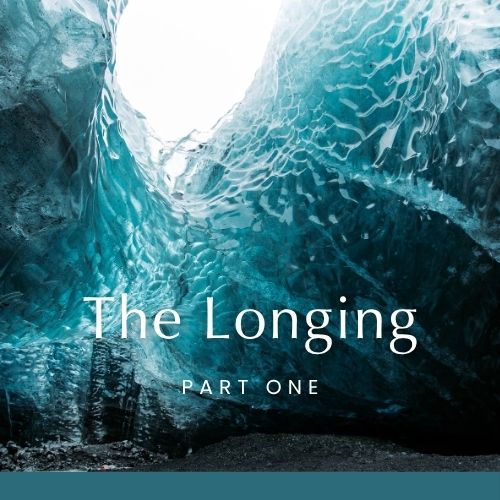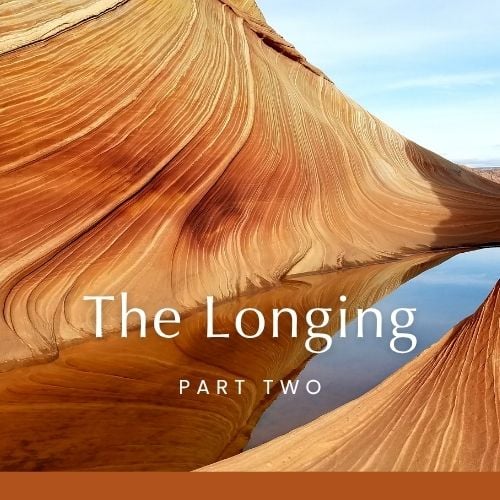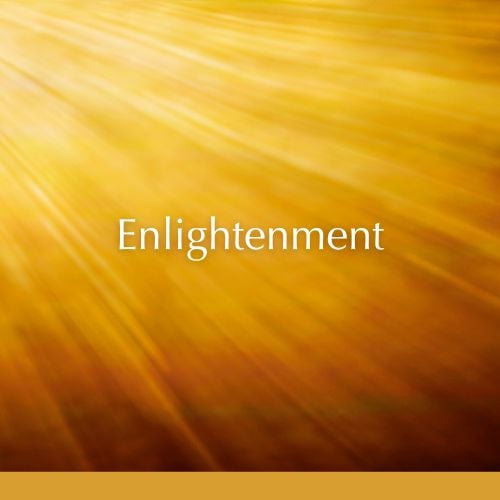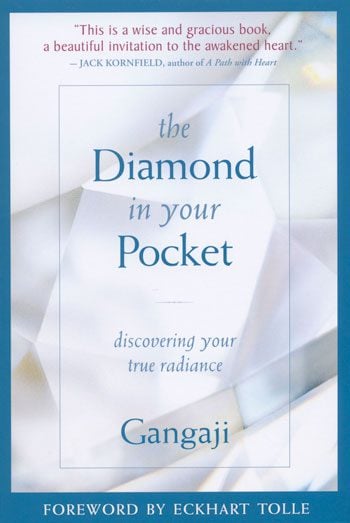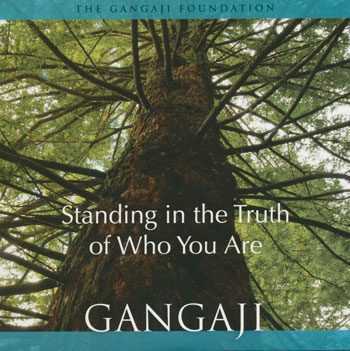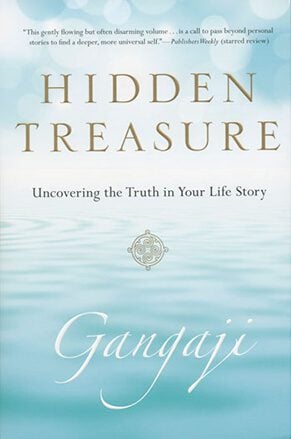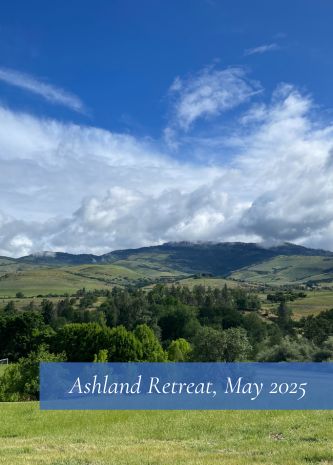Welcome
Events
An opportunity to ask a question or share a report with Gangaji.
All Upcoming Events
Monthly Live Meetings
Community Video Screening
Event Scholarships
My Events
Browse
Explore Gangaji's teachings in more depth.
Videos
Podcasts
Gangaji's Blog
Community Hub
Quotes
Online Store
Get Involved
A global community of volunteers and donors serving peace.
Community Hub
Volunteer
The Prison Program
Donate
My Content
Access your With Gangaji membership and other content here.
Member Portal
The Forum
My Events
My Courses
Community Hub
Community Video Screening
My Favorites
About Memberships
My Account


